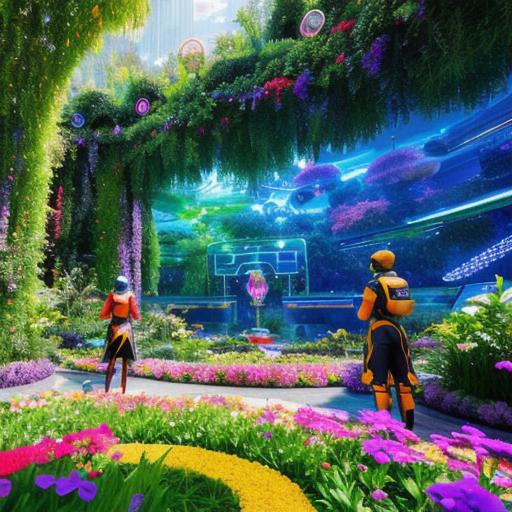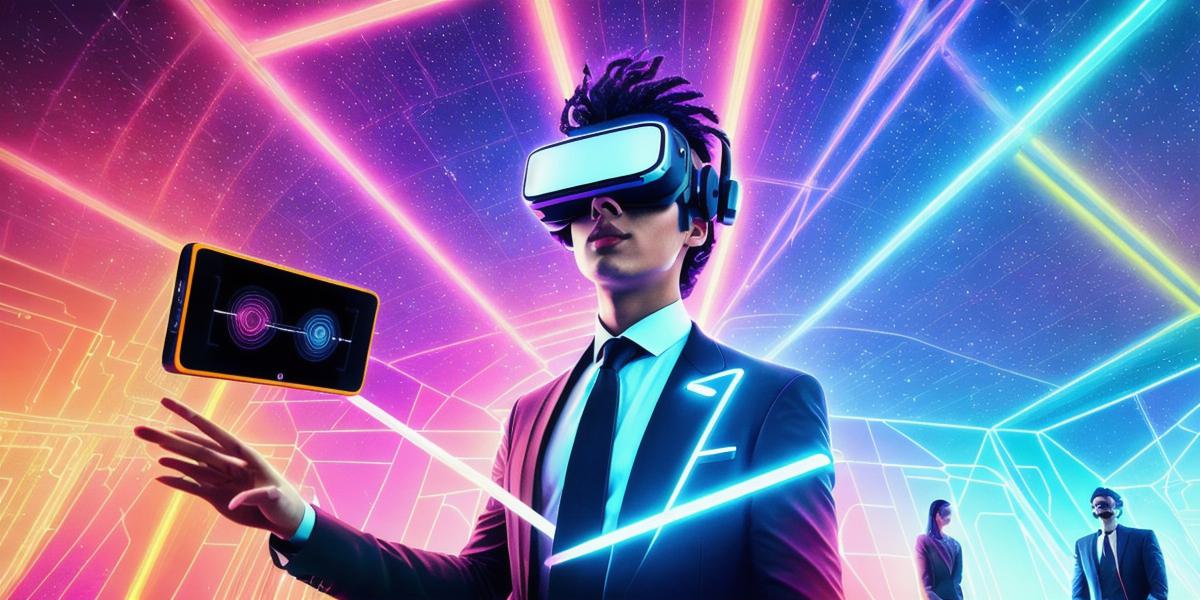The digital world has evolved significantly over the past few decades, and one concept that has gained considerable attention recently is the metaverse. But what exactly is the metaverse, and why is it considered important in today’s digital world?

Definition of Metaverse
The metaverse can be defined as a collective virtual shared space, created by the convergence of virtually enhanced physical reality and physically persistent virtual reality. In simpler terms, it is a 3D digital world where users can interact with each other and the environment in real-time, creating an immersive experience that goes beyond traditional 2D interfaces.
Importance of Metaverse in Today’s Digital World
- Immersive Experiences
The metaverse provides users with immersive experiences, allowing them to engage in virtual environments that simulate the physical world in remarkable detail. These environments can range from professional settings like virtual offices or classrooms to recreational spaces like games or social platforms.
Example:
Imagine attending a business conference without leaving your home. Instead of being in a stuffy conference hall, you’re in a beautifully designed virtual space where you can interact with other attendees, view presentations, and even network in a more engaging way.
2. Endless Opportunities for Creativity
The metaverse provides endless opportunities for creativity as users can build and customize their own spaces within these virtual worlds. This can lead to new forms of art, entertainment, education, and commerce that were not possible before.
Example:
Virtual fashion designers can create unique digital clothing lines for avatars in the metaverse, allowing users to purchase and wear these designs, creating a whole new industry based on virtual fashion.
3. Remote Collaboration and Learning
The metaverse allows for remote collaboration and learning, enabling individuals to work together on projects or learn from experts no matter where they are located physically. This can lead to increased productivity, more significant learning opportunities, and greater access to knowledge and expertise.
Example:
Students can attend lectures, collaborate on group projects, and even conduct experiments in a virtual laboratory setting within the metaverse, providing them with a more engaging and effective learning experience.
4. New Forms of Social Interaction
The metaverse offers new forms of social interaction that go beyond text-based communication. Users can engage in more immersive experiences like attending virtual events or socializing with friends in a shared virtual space.
Example:
Instead of sending text messages, users can now meet up in virtual spaces and have conversations as if they were in the same physical room. This allows for more nuanced forms of communication, leading to stronger relationships and connections.

5. Economic Opportunities
The metaverse also offers economic opportunities through the creation of virtual goods and services. Users can buy, sell, and trade these items within the virtual world, creating new markets and industries.
Example:
Virtual real estate is a growing industry within the metaverse as users purchase and sell virtual land, build structures on it, and even rent it out to other users for various purposes like hosting events or setting up businesses.
Summary
The metaverse is an essential concept in today’s digital world due to its ability to provide immersive experiences, endless opportunities for creativity, enable remote collaboration and learning, offer new forms of social interaction, and create economic opportunities. As technology continues to advance, the potential applications and benefits of the metaverse will only grow, making it a fascinating area to explore and be a part of.
